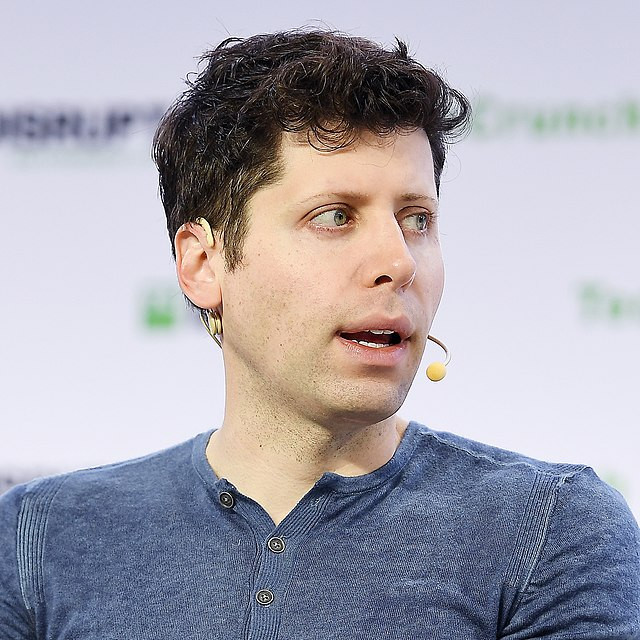OpenAI, the artificial intelligence research lab behind the breakthrough ChatGPT, is undergoing a significant restructuring that will shift control away from its non-profit board. Sources close to the situation say the company plans to become a for-profit benefit corporation, a move designed to attract further investment while providing equity to CEO Sam Altman for the first time. OpenAI's non-profit entity will retain a minority stake, but the restructuring signals a shift towards a more traditional corporate structure, potentially changing how the company balances innovation with ethical AI governance.
This reorganization comes at a critical time for OpenAI, which has grown exponentially in both value and influence since launching ChatGPT in late 2022. The generative AI platform has become one of the fastest-growing applications in history, now boasting over 200 million weekly users. As demand for AI capabilities soars, OpenAI's valuation has ballooned from $14 billion in 2021 to a projected $150 billion in a new convertible debt round under discussion, with investors like Microsoft, Apple, and Thrive Capital eager to pour more funds into the company.
According to insiders, the restructuring could dissolve the current cap on returns for investors, allowing for larger gains in the future. Sam Altman, OpenAI's CEO, who has previously refrained from taking an equity stake in the company, is expected to receive shares under the new structure. Altman, already a billionaire from other ventures, has long maintained that his decision to forgo equity was based on a desire for unbiased governance. However, the company's shift to a for-profit structure suggests a strategic recalibration to align investor expectations with corporate growth.
"We remain focused on building AI that benefits everyone, and we're working with our board to ensure we're best positioned to succeed in our mission," said an OpenAI spokesperson, affirming that the non-profit arm will continue to exist as part of the broader corporate structure. The move is aimed at balancing the company's mission of advancing artificial general intelligence (AGI) while meeting the demands of a rapidly growing business.
The leadership shake-up at OpenAI has also drawn attention. On the same day the restructuring plans were revealed, the company's Chief Technology Officer Mira Murati announced her departure after six and a half years at the company. Murati, who briefly served as interim CEO during last year's high-profile boardroom dispute that temporarily ousted Altman, said in a statement that she was stepping down to explore new opportunities. "There's never an ideal time to step away from a place one cherishes, yet this moment feels right," she wrote in a memo to staff.
In addition to Murati's departure, OpenAI's president Greg Brockman and research executives Bob McGrew and Barret Zoph also announced they were leaving the company. Altman commented on the leadership exodus in a post on X (formerly Twitter), saying that the timing of the departures aligned with the company's transition to a new phase of leadership. "The timing of Mira's decision was such that it made sense to now do this all at once, so that we can work together for a smooth handover to the next generation of leadership," Altman wrote.
OpenAI has faced challenges related to its explosive growth, including concerns about AI safety and ethics. The company's initial non-profit structure was designed to ensure a commitment to "safe AGI," with full control held by a non-profit board. However, that model was called into question last November during a leadership crisis when Altman was briefly ousted by the board. He returned to his role after just five days, supported by employees and investors, but the incident exposed the tension between OpenAI's ethical commitments and its rapid commercialization.
The restructuring may amplify concerns within the AI community about whether OpenAI will maintain sufficient oversight over its powerful technologies. Earlier this year, the company dissolved its Superalignment team, which had been tasked with addressing long-term risks associated with AI. As OpenAI shifts to a more investor-driven model, some fear it may prioritize profit over caution, potentially accelerating the development of AGI without adequate safeguards.
Nevertheless, OpenAI's governance changes mirror those of competitors like Anthropic and Elon Musk's xAI, which are structured as benefit corporations, blending social responsibility with profitability. By adopting a similar framework, OpenAI hopes to continue driving innovation while addressing concerns about the ethical use of AI.






